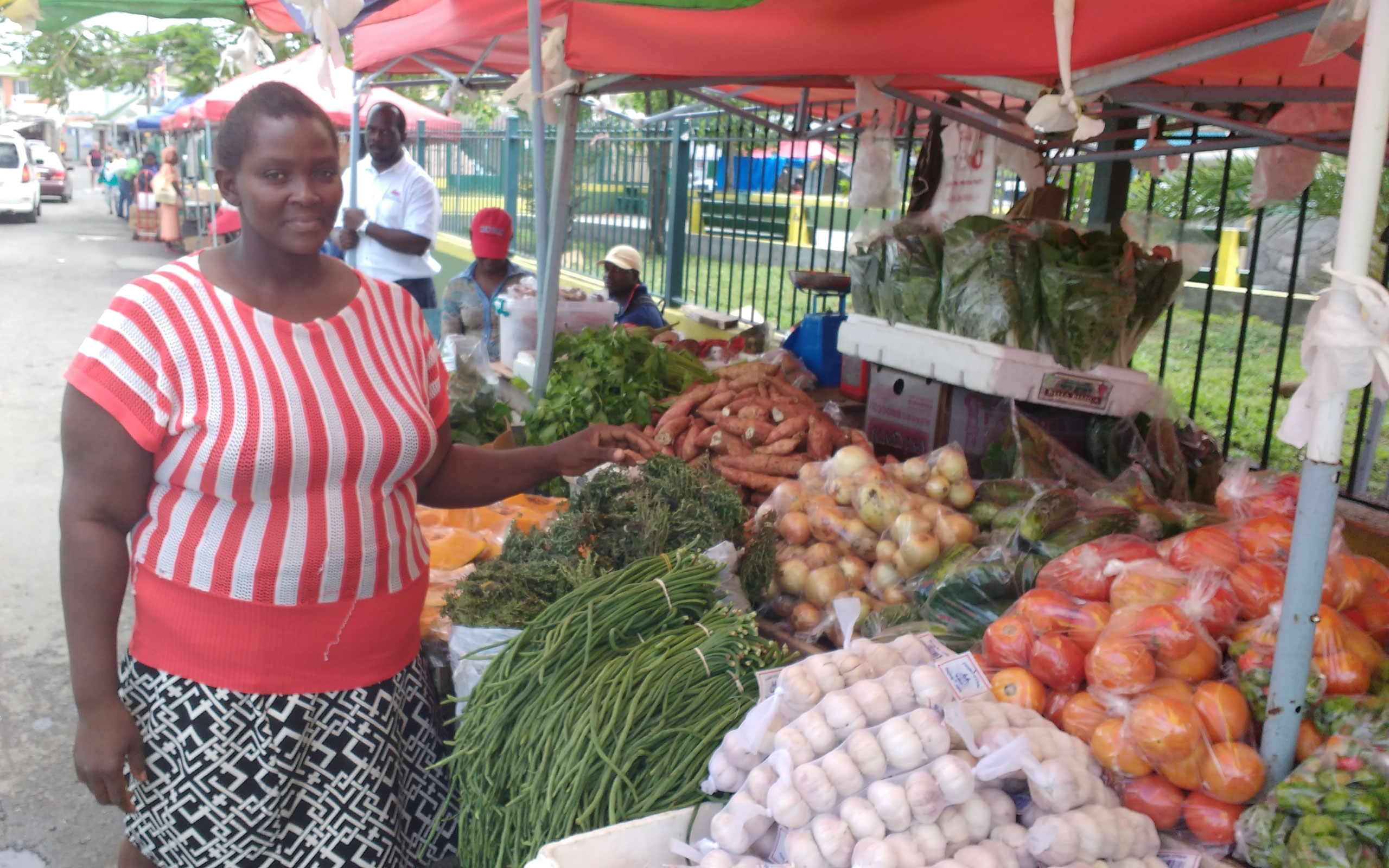
By Professor Wale Adekunle
Adviser: Lifelong Learning for Farmers
It’s October again. Did you know this month used to be the eighth month of the Roman Calendar before both January and February were added? Besides the beautiful swathes of yellow, orange and brown leaves of autumn in the northern hemisphere and the transition from cool weather to a warmer one in the southern hemisphere, the month has additional significance in the area of agriculture.
One of the events that mark out this month, especially for us at the Commonwealth of Learning (COL) – with headquarters in beautiful British Columbia – and for farmers and their friends around the world, is the celebration of World Food Day which is annually celebrated on the 16th of October.
World Food Day was established by the United Nations Food and Agriculture Organization (FAO) member countries at the Organization’s 20th General Conference in November 1979. Since then, it has served the dual purpose of commemorating the date of the founding of the organization and a day to bring into sharp focus global issues of hunger, malnutrition and food security.
This year the event is happening as the world struggles with the effect of multiple shocks, including Covid-19-related disruptions, which have led to loss of lives, robbed people of productive agricultural time, and even eroded germplasm in various locations; extremes of weather conditions with concomitant pest problems; and conflicts. All these have come to compound existing challenges which have perpetually marooned food systems into underperformance, thereby plunging the system into deeper levels of distortions. Today, food systems have been debilitatingly impacted, leading to record soaring prices for food items, hunger and poverty.
Reeling from these shocks, people should note that the year 2030 is the year of reckoning for Sustainable Development Goals. Yet, agriculture, which is the singular sector that lies at the belly of these goals, remains prostrate and miserable.
Agriculture is a vital component of the global economy and its development is one of the most powerful tools to end extreme poverty, feed the teeming population of the planet and boost industrial growth. It is the sector that touches the highest number of lives, making it of massive importance when it comes to poverty reduction. According to a 2022 World Bank overview, agriculture accounts for 4% of global gross domestic products and in the least developing countries it could be more than 25% of GDP. In those countries, it engages a significant fraction of the populace which could be up to 70% in some cases.
With the theme ‘Leave No One Behind‘, this year’s World Food Day celebration will focus on the importance of engendering the transformation of the food systems in such a way that no body, no region, no country is left behind.
This requires a change of approach. And it requires that all of the learning gaps that plague the lives of players in the food systems be bridged.
Many agencies have responded to this challenge using a variety of different methods. COL, through its Lifelong Learning for Farmers (L3F) and other initiatives, has adopted an integrated approach that provides opportunities for the stakeholders of the food systems to bridge their knowledge gaps and move the system toward sustainable production with the changing demography of farmers, with climate change and gender realities taken into consideration.
Farmers and other stakeholders have inherent learning gaps in the human capacity required to produce, process and market their commodities profitably. There are gaps in business networking and the social capital required for farming as a sustainable business. They also experience gaps in financial capital availability which is necessary to buttress their business sustainability. In addition to these gaps are the ones that exist in the present-day knowledge of who the farmer is, what gender is applicable and how this is translated into the provision of productive resources. The farmer throughout the world is also ageing and the producing population dwindling from attrition. In addition to all these factors, the farmer and other stakeholders in global food systems have significant gaps in the comprehension of climate change and how to adapt to and mitigate it.
The L3F model developed by COL integrates all of these learning opportunities and ensures that they are integrated with climate and gender sensitivities. COL uses open and distance learning (ODL) modulated by information and communications technology (ICT) to buttress knowledge delivery and the facilitation of exchange of information by stakeholders in the food systems. The combination of ODL and ICT is a veritable tool to ensure that no one is left behind.
The disruptions to learning caused by Covid-19 may have signalled to the world the importance of ODL and ICT, but the current challenges of food systems and the desire to attain food security, along with sustainable development goals (SDGs), emphasises the importance of this twin instrument as veritable tools for sustainable learning for development. As a result, this now necessitates that no one should be left behind.
These are tools that are vital, not only for the attainment of food security, but, indeed, the attainment of all SDGs.


